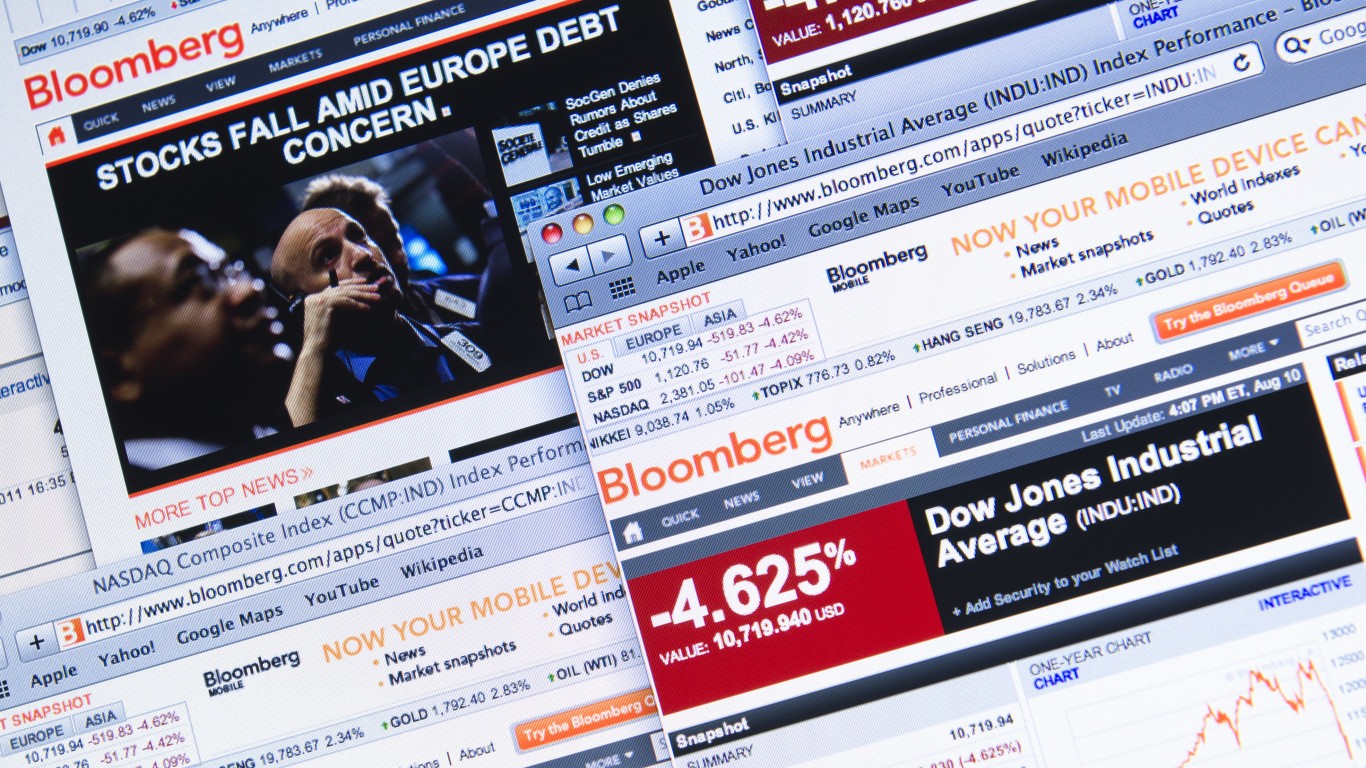
It is not news that 2018 was not a great year for U.S. equity markets. All three major indexes closed the year with losses with the S&P 500 index down 6.2%, the Dow Jones industrials down 5.6% and the Nasdaq Composite off 3.9%. Last year posted the worst annual performance for all three indexes since 2008 — and we all remember what that led to.
It’s no surprise then that Americans were not satisfied with their personal financial situations. The American Institute of CPAs (AICPA) on Thursday released its annual Personal Financial Satisfaction index (PFSi), revealing the first decline in seven quarters and ending a string of five consecutive quarters of record highs. The fourth-quarter index reading of 30.9 dropped by 1.4 index points from a third-quarter reading of 32.3.
The decline was the result of a drop of 13.4 points (14.5%) in the AICPA’s market index of the 750 largest publicly traded companies with adjustments for inflation and per capita. All market sectors declined, wiping out gains in the prior three quarters. The biggest losers were energy and industrial stocks.
The PFSi is calculated as the difference between two subindexes, one measuring pleasure on the bases of asset growth and opportunities and the other measuring pain on the bases of asset erosion and lack of opportunities.
The pleasure index dropped by 0.2 points in the fourth quarter while the pain index fell by 2.6 points to a reading of 39.3. While Americans were most concerned about inflation in the first three quarters of the year, personal taxes now rank first, even though their index score is 4.5 points (8.7%) below their fourth-quarter 2017 level.
AICPA member Julie Welch noted:
Early in 2018, the IRS updated the withholding tables as a result of the TCJA [Tax Cuts and Jobs Act] tax rate changes. In many cases, the Federal withholding decreased which resulted in Americans seeing a bit more money in each paycheck. However, those that didn’t check their withholding may be surprised by a smaller than usual refund, or worse yet, a balance due.
The federal government shutdown has called attention to many Americans’ lack of preparedness for an unexpected loss of income. Welch commented, “The government shutdown has brought increased attention to the need for an emergency fund as we are reminded that many Americans live paycheck to paycheck.”
If there’s good news in the fourth-quarter PFSi it’s that the index remains solidly positive and near all-time highs. New jobs continue to be added at a record pace and loan delinquencies dropped by 6.9% quarter over quarter.
The U.S. economy may be experiencing some turmoil but overall conditions “remain strong,” according to the AICPA’s Jack Stolz.
The full AICPA report is available at the organization’s website.
Travel Cards Are Getting Too Good To Ignore (sponsored)
Credit card companies are pulling out all the stops, with the issuers are offering insane travel rewards and perks.
We’re talking huge sign-up bonuses, points on every purchase, and benefits like lounge access, travel credits, and free hotel nights. For travelers, these rewards can add up to thousands of dollars in flights, upgrades, and luxury experiences every year.
It’s like getting paid to travel — and it’s available to qualified borrowers who know where to look.
We’ve rounded up some of the best travel credit cards on the market. Click here to see the list. Don’t miss these offers — they won’t be this good forever.
Thank you for reading! Have some feedback for us?
Contact the 24/7 Wall St. editorial team.


